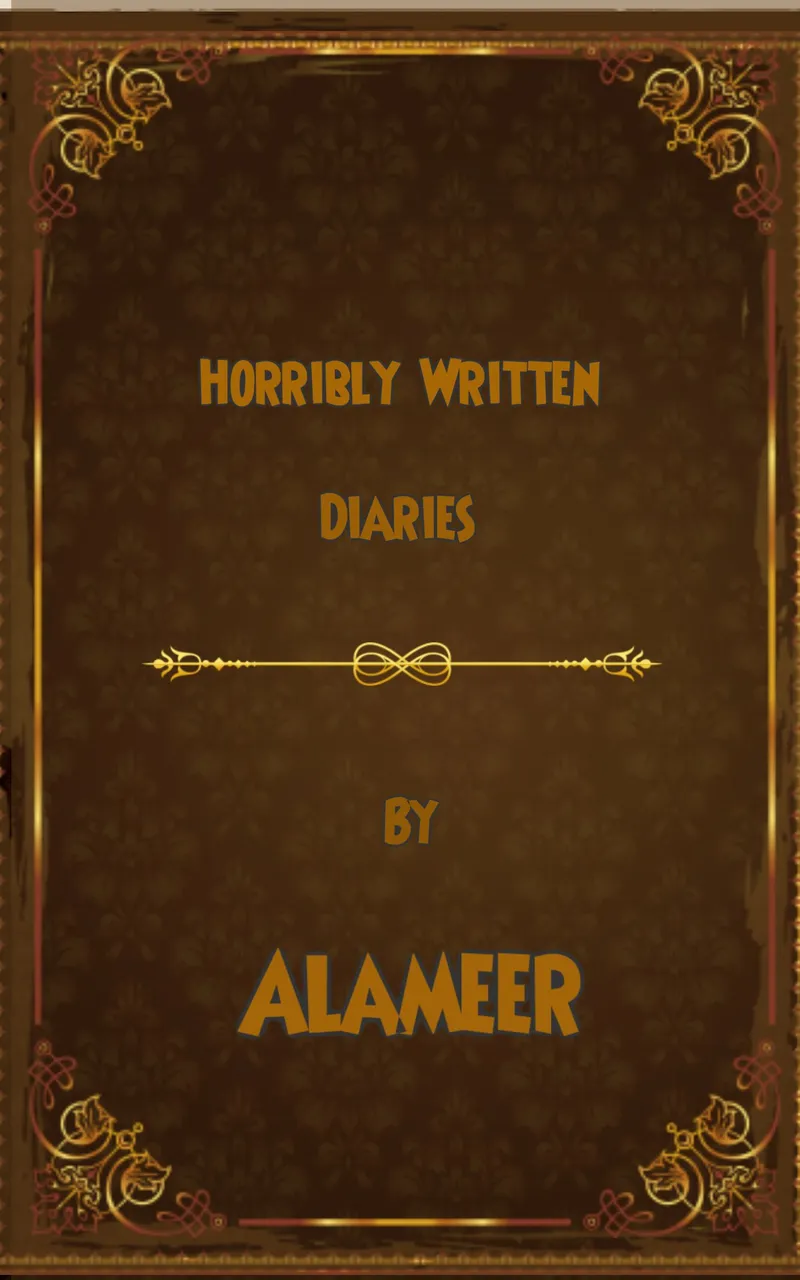
The poem does not end and does not begin, she is the perpetual movement, her center is the soul, her surroundings are the world and her direction is life.
She does not go alone, the desire to talk is her faithful friend, and the word ropes game her sister from infancy.
She desires and does not divulge, she walks and does not belong, the least attention to her is the louder to others, and the most attentive to her is the heedlessness when life goes through its hustle and bustle.
Her preoccupation with herself about those around her does not mean that she does not tell the truth, and her connection to the earth does not prevent her from extending her arms to embrace the sky, and between them, she listens to all the conversations that revolve among the stars and does not get tired.
And if the sound of thunder touched her, and the lightning shone in her hands, she turned to herself and covered her with ostrich feathers.
The poem does not grow old, nor does it ever find itself young, it is the daughter of the moment. But she is the daughter of the past, too.
History says she is my father, while religion says she is one of my grandchildren. The conflict does not occur except over its many copies transmitted in the corners of the world, while it is the silent one who does not say anything and does not indicate anything, only watching: How do these copies turn into fixed spears in a land we used to call the human imagination?
But it is fortunate for her that she does not have a birth certificate, and she will not have a death certificate either. She may realize this in her subconscious and then act on it, and she may not realize it at all.
But in both cases, she does not lose sight of the fact that there is always a poet waiting for her, who is absent for a while. But in the end, it appears.
A poet comes and sets his flags on top of her building, and sets fires around him so that the visitor does not get lost when he goes to him, lights a lot of wood, and does not care if a word or two of his poem burns, what matters to him is to say: this is him and this poem behind him follows him like a little puppy.
Then another poet comes and follows the follower, and takes his traces, not the traces of the poem.
Burning words belong to no one, deer stray in the wilds of imagination, and the wolves of the follower and his family are unable to catch up.
It is as if the poem, as it goes on, does not pay attention to its children who fall here or there on the sand, on the sidewalks, in deep valleys, on the rooftops of tall buildings, or in prisons. Some of them have written his tragedy in life, then he will have to hide behind his companion who took him, raised him, and spoke the words of his soul.
The poem is the same and so is the human being, and the latter repeats the saying until he makes of himself a legend that coils like a snake, not on his body, but on his imagination, so he imagines that it is the poem and he has been able to see it with his eyes, tongue, and hearing, touch it with his hands and kick it with his feet, and the poem with all that laughs; Because then the human being is not the human being, and the poem is not the poem, there is a strong flow of the river of time, with it the poem cannot think of itself, nor does the person think of his legend.
Only there is the sound of flowing alone, and nothing else but it, and how close things are to it, or far from it, have the status that leads to the possession of the first state of remembrance, and man in the twenty-first century has not reached that status, the rest of the beings may have preceded him.
But he does not know, and only the poem realizes that a person should know what is included in his first condition.
But the road is thorny; So the poem should always laugh.